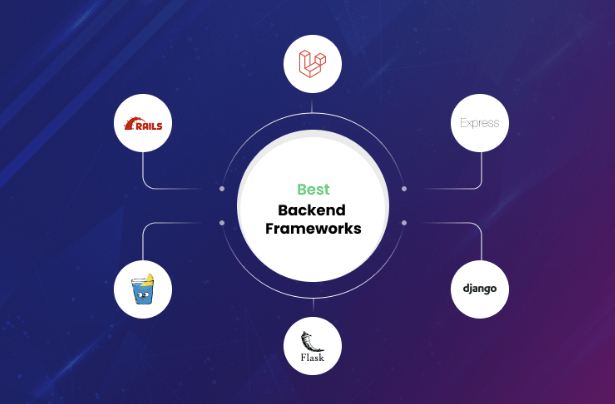
1. JIT (Just-In-Time) Compilation
One of the most anticipated features of PHP 8 is the Just-In-Time (JIT) compiler. JIT improves performance by compiling parts of the code during runtime, rather than interpreting them. This results in faster execution, especially for CPU-intensive tasks.
How to Use JIT:
JIT can be enabled in the php.ini configuration file:
opcache.enable=1 opcache.jit_buffer_size=100M opcache.jit=tracing
2. Union Types
PHP 8 introduces union types, allowing a variable to accept multiple types. This enhances type safety and reduces the need for extensive type checks.
Example:
function processInput(int|string $input) { if (is_int($input)) { return $input * 2; } return strlen($input); } echo processInput(5); // Output: 10 echo processInput("Hello"); // Output: 5
3. Named Arguments
Named arguments allow you to pass arguments to a function based on their names, rather than their order. This improves code readability and makes it easier to work with functions that have many optional parameters.
Example:
function createUser(string $name, int $age, bool $isAdmin = false) { // Function implementation } // Using named arguments createUser(name: "Alice", age: 30, isAdmin: true); createUser(age: 25, name: "Bob"); // isAdmin defaults to false
4. Attributes
Attributes (also known as annotations) provide a structured way to add metadata to classes, methods, and properties. They replace PHPDoc comments and offer a native syntax for defining metadata.
Example:
#[Attribute] class Route { public string $path; public function __construct(string $path) { $this->path = $path; } } #[Route("/home")] class HomeController { // Controller implementation }
5. Match Expression
The match expression is a more powerful and flexible alternative to the switch statement. It supports strict comparisons and returns values, making it useful for cleaner and more concise code.
Example:
$status = 200; $message = match ($status) { 200 => 'OK', 404 => 'Not Found', 500 => 'Internal Server Error', default => 'Unknown status code', }; echo $message; // Output: OK
6. Constructor Property Promotion
Constructor property promotion simplifies the initialization of properties in a class. It reduces boilerplate code by allowing properties to be defined and initialized directly in the constructor parameters.
Example:
class User { public function __construct( public string $name, public int $age, public bool $isAdmin ) {} } $user = new User("Alice", 30, true);
7. Nullsafe Operator
The nullsafe operator (?->) allows you to safely access properties and methods on objects that might be null. This reduces the need for explicit null checks and makes the code cleaner.
Example:
$user = null; $username = $user?->profile?->getUsername(); // Equivalent to: // $username = null; // if ($user !== null && $user->profile !== null) { // $username = $user->profile->getUsername(); // }
8. str_contains, str_starts_with, and str_ends_with Functions
PHP 8 introduces three new string functions to check the presence and position of substrings: str_contains, str_starts_with, and str_ends_with.
Examples:
// str_contains if (str_contains("Hello, world!", "world")) { echo "Substring found"; // Output: Substring found } // str_starts_with if (str_starts_with("Hello, world!", "Hello")) { echo "Starts with 'Hello'"; // Output: Starts with 'Hello' } // str_ends_with if (str_ends_with("Hello, world!", "world!")) { echo "Ends with 'world!'"; // Output: Ends with 'world!' }
9. New Stringable Interface
PHP 8 introduces a Stringable interface that automatically applies to any class implementing the __toString method. This makes type hinting for stringable objects more intuitive.
Example:
class User { public function __toString(): string { return "User object"; } } function printStringable(Stringable $object) { echo $object; } $user = new User(); printStringable($user); // Output: User object
10. Improved Error Handling
PHP 8 enhances error handling with more consistent error types and improved exception hierarchy. The new Error class hierarchy helps in catching and handling errors more effectively.
Example:
try { $result = 10 / 0; } catch (DivisionByZeroError $e) { echo "Cannot divide by zero"; // Output: Cannot divide by zero }
Conclusion
PHP 8 brings a wealth of new features and improvements that make it a powerful and efficient language for modern web development. From the performance boost of JIT to the syntactic enhancements like union types and match expressions, PHP 8 enables developers to write cleaner, more robust, and maintainable code. By adopting these new features, you can take full advantage of PHP 8's capabilities and elevate your development workflow





